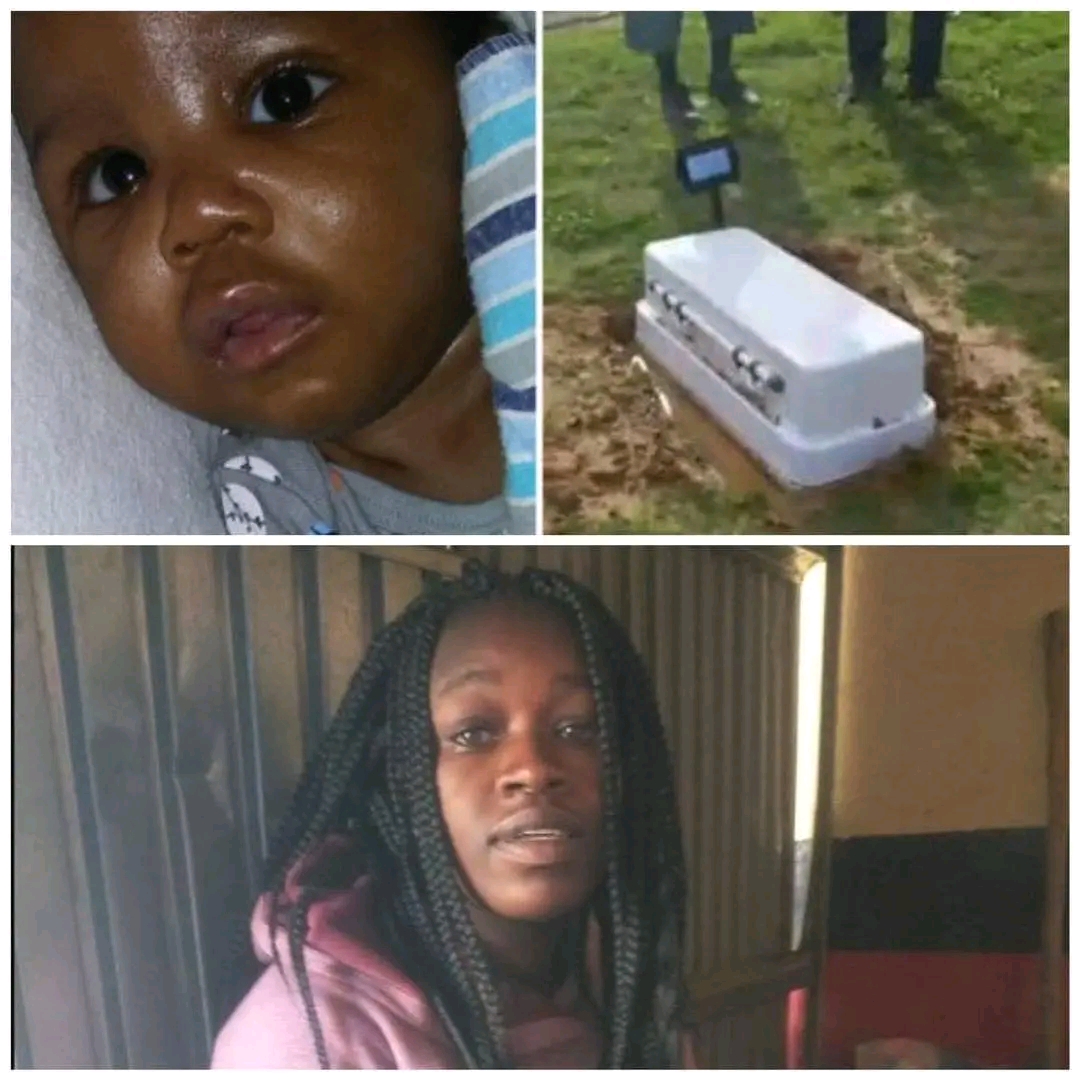
Introduction: A Community in Shock
In a harrowing incident that has left Kenya and the world stunned, a 24-year-old mother, Olivia Naserian, is accused of the brutal murder and cannibalization of her two-year-old daughter, Glory Njeri. This horrifying event occurred in the quiet residential area of Kitengela, about 20 miles south of Nairobi, transforming the once peaceful community into the site of an unimaginable tragedy.
**The Day of the Tragedy: An Unfolding Nightmare**
The tragedy struck on April 23rd in Kitengela’s Milimani Estate, a normally calm, middle-class neighborhood. As the day unfolded, neighbors were drawn to the Naserian household by the chilling screams of Glory. The horrifying sounds were accompanied by loud noises of breaking glass and crashing furniture, punctuated by Olivia’s eerie chanting.
Witnesses who dared to peer through the window were confronted with a scene of unimaginable horror. Naserian, naked and wielding a knife, was stabbing her daughter repeatedly while reciting the alphabet and singing nursery rhymes. This macabre scene of innocence intertwined with violence left the onlookers paralyzed in fear.
**Desperate Attempts to Save the Child: Too Little, Too Late**
Despite frantic attempts by neighbors to intervene, they were unable to save the child. While some called the police, others tried to break down the door, but their efforts were in vain. By the time they managed to force their way inside, the scene was beyond comprehension: little Glory lay lifeless, her body brutally mutilated. In a grotesque act, Naserian had not only killed her daughter but had also begun to consume parts of her internal organs. The room was stained with blood, and the child’s lifeless body lay in a pool of crimson while her mother, unconscious, lay beside her.
**The Immediate Aftermath: A Community in Mourning**
As the news spread, the tight-knit Milimani Estate community was plunged into grief and disbelief. Parents held their children closer, struggling to come to terms with the atrocity that had occurred in their midst. Local authorities, led by Kitengela’s Directorate of Criminal Investigations (DCI), quickly cordoned off the area, gathering evidence in a case that even seasoned officers found deeply disturbing.
**Legal Proceedings: A Search for Answers**
Naserian was promptly arrested and brought before a Kajiado court, where she was charged with the murder of her daughter. The court ordered that she remain in police custody for ten more days to allow for further investigation and a psychological evaluation. This assessment aims to determine if Naserian was suffering from a mental illness at the time of the attack. The next court hearing is scheduled for May 8, as the nation waits anxiously for more details to emerge about the circumstances that led to this tragic event.
**Signs of Trouble: A Descent into Madness**
Investigators have uncovered troubling details about Naserian’s behavior leading up to the crime. According to family members, she had recently returned to Kitengela after living with her boyfriend in Kirinyaga for eight months. Upon her return, she exhibited increasingly erratic behavior, including speaking in tongues, shouting incoherently, and showing violent tendencies. Her aunt, Gladys Wanjiku, shared that in the days before the attack, Naserian had been chasing the family dog and destroying household items, clear signs that something was seriously wrong.
**Mental Health in Kenya: A Broader Issue**
This tragic incident has sparked a wider conversation about mental health in Kenya, a country where mental illness is often misunderstood and stigmatized. Mental health services are severely limited, and many individuals suffering from mental health issues do not receive the help they need. In light of this tragedy, mental health professionals and advocates are calling for increased government investment in mental health care and community-based interventions that can identify and support those at risk.
**Conclusion: A Nation United in Grief**
As Kenya mourns the loss of young Glory Njeri, this heartbreaking case serves as a grim reminder of the critical importance of mental health awareness and intervention. The hope is that this tragedy will lead to meaningful change, prompting better mental health support systems and a more vigilant society that can help prevent such devastating incidents in the future.







